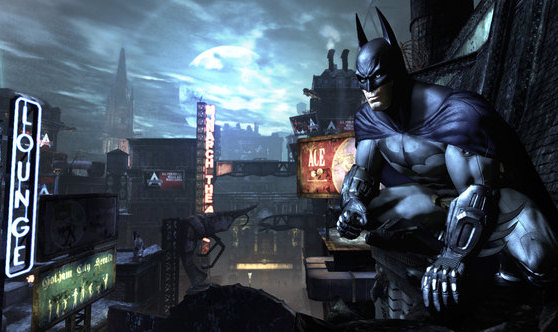Celebrated titles like Demon’s Souls might endure forever offline, but interacting with other players online brings out a new dimension of gameplay that only lasts as long as the servers are up. In May, Atlus extended the life of Demon’s Souls’ servers in North America, but eventually this aspect of the game (leaving messages and invading other players’ adventures) will disappear.
This issue also affects games that exist solely online. Xbox Live Indie Games (XBLIG) requires players to be online and signed in to play purchases. What happens if or when Microsoft ends the service? Without a guaranteed backup, players could lose their digital games as soon as companies decide to no longer support them.
“I find it sad that one day Microsoft will unplug a server somewhere, and all XBLIG games will stop working,” says John Common of CSR Studios, whose two games, Dead Pixels and Super Tank Run, appear on the indie platform. “It’s something I dislike as both a developer and a customer. The only way these games will be preserved is if they get a port to other platforms, or if some hacker/cracker/pirate decided to try and preserve them.”
Dead Pixels has surpassed 40,000 sales on XBLIG as of late May, but Common has also developed a PC version, which is available through the indie digital download service Desura. As for whether Microsoft has offered any reassurances, Common says it has “never said anything about it, and I doubt it ever will. XBLIG for it is not a high priority, and that will not change anytime soon. The first time it brings it up will be when it plans to turn it off.”
Another indie developer isn’t so worried. “I don’t see it as such an issue,” said Tim Sycamore of My Owl Software, the creator of Apple Jack and Apple Jack 2 on XBLA. “I imagine it will be a good while before the service is turned off — if it ever is — and it’s quite possible that Microsoft will allow you to play these games offline if that ever happens anyway. I’m not losing any sleep over the issue, let’s put it that way.”
The deciding factor
These conflicting feelings embody the trouble with determining the ideal time to purchase a game. Rocksteady might have spoiled the ending to Batman: Arkham City when it unveiled Harley Quinn’s Revenge, proving that it’s better to buy sooner rather than later with story-heavy games, but its subsequent Game of the Year release suggests otherwise. A good deal is just as irresistible as the promise of a game’s permanence. Batman: Arkham City — Game of the Year Edition costs $49.99 – a better value overall and still cheaper than the game was on release day without all the DLC bundled in. Fans didn’t even have to wait a whole year to buy it.
“It’s nice to have everything in one package,” says Sycamore, who admits to owning a few Game of the Year collections.
Whether you buy a game on release day or months afterward depends on what matters more to you: a pure experience ripe for discovery and conversation or polished gameplay and a solid return on investment. If you prefer to dive in headfirst and a few glitches don’t bother you, then get out there and play. But if you’re more concerned with making an informed choice and spending your money wisely, then waiting to see how players receive a game and how well companies maintain it can be better long-term.
VentureBeat's mission is to be a digital town square for technical decision-makers to gain knowledge about transformative enterprise technology and transact. Learn More

